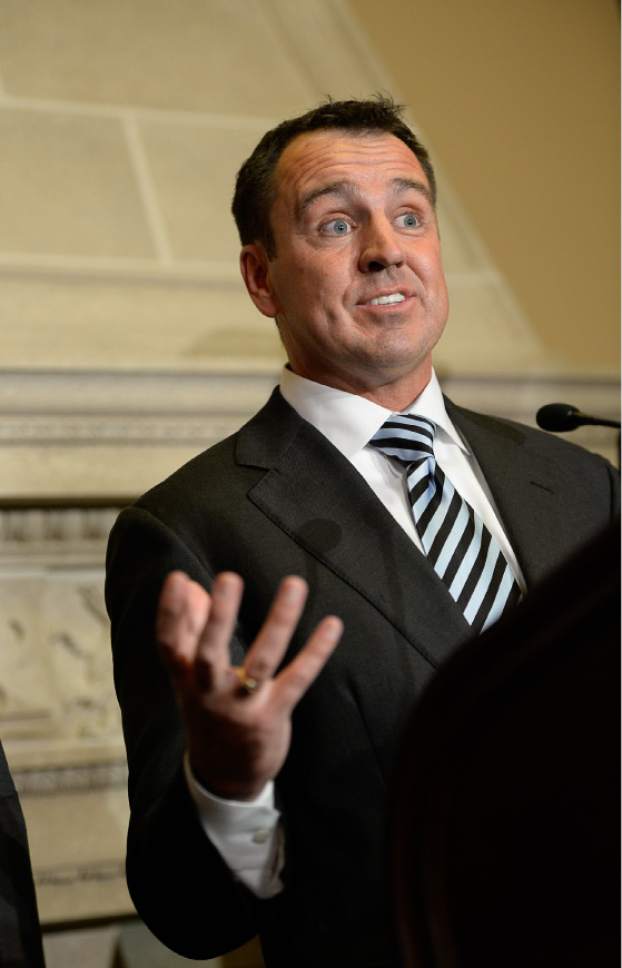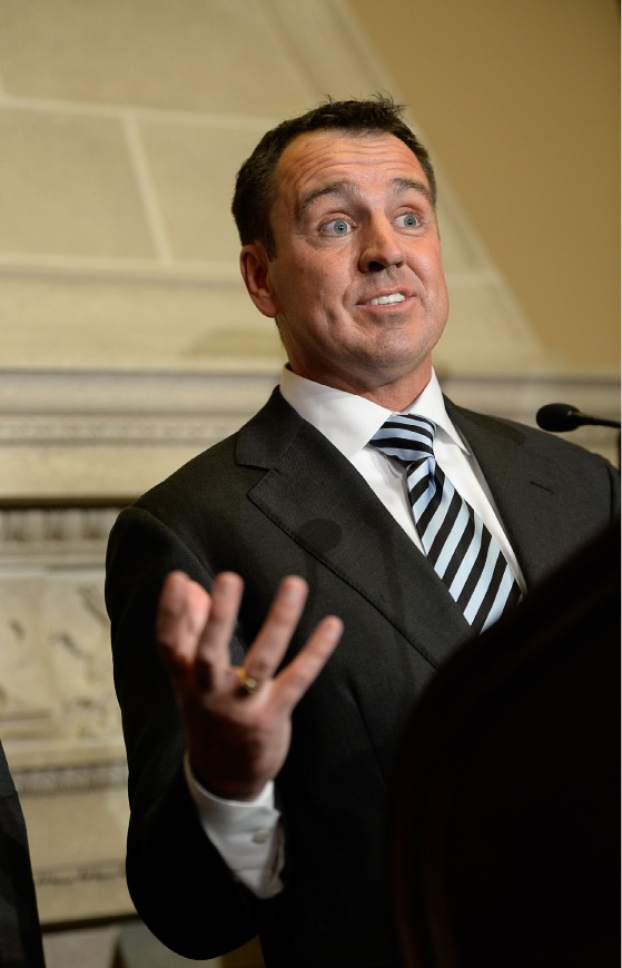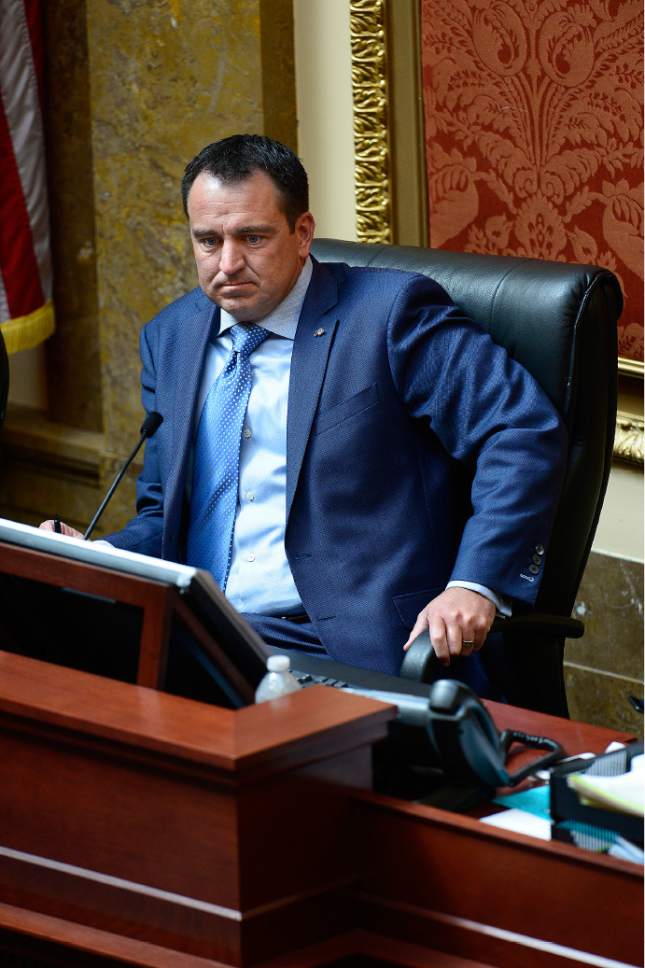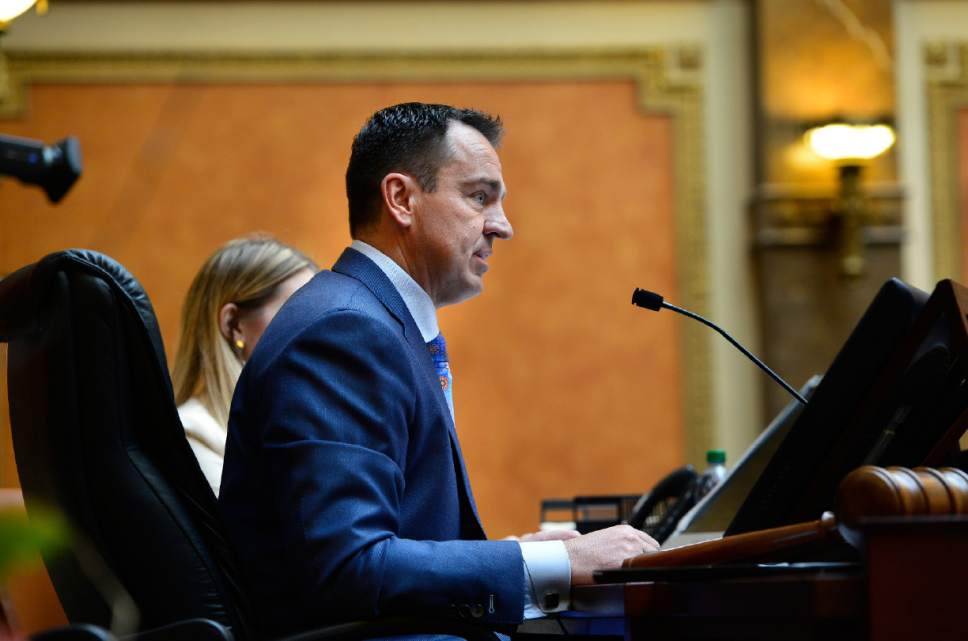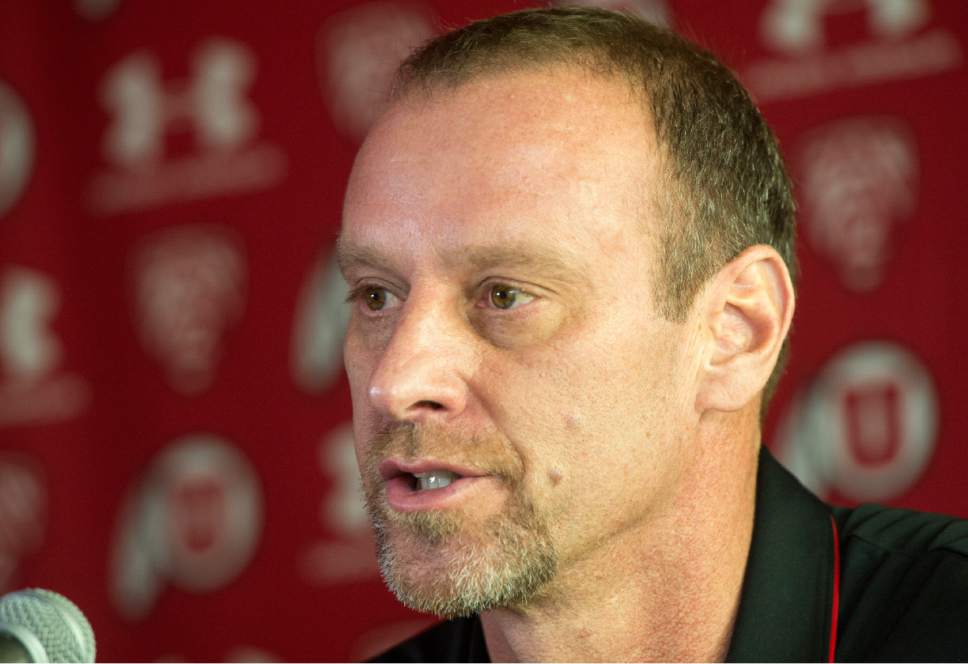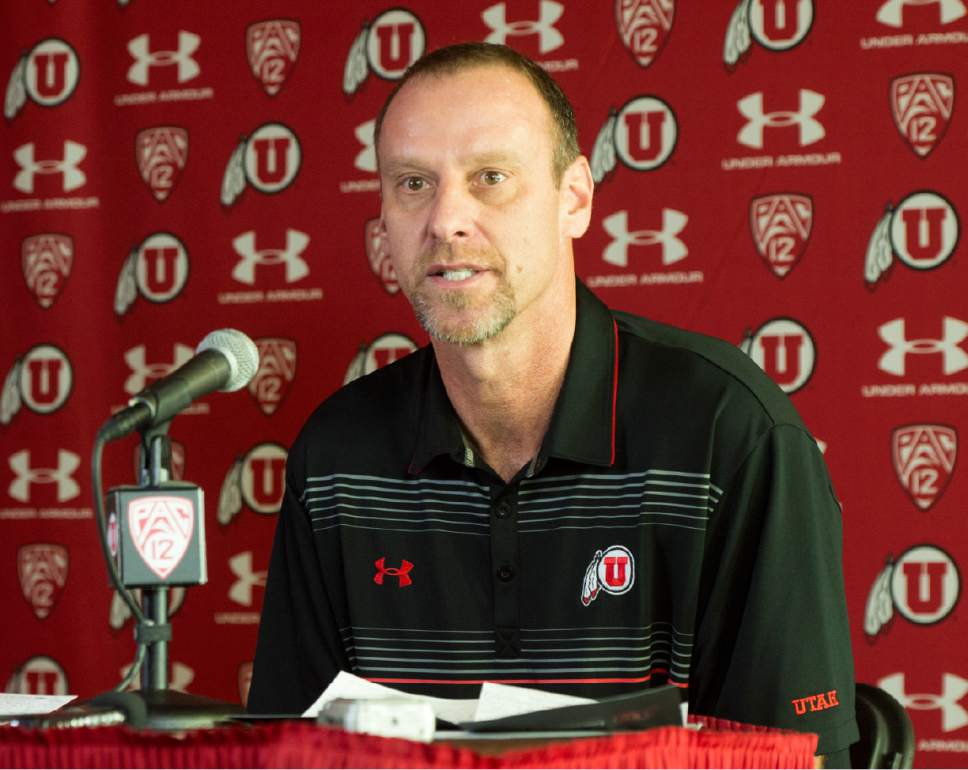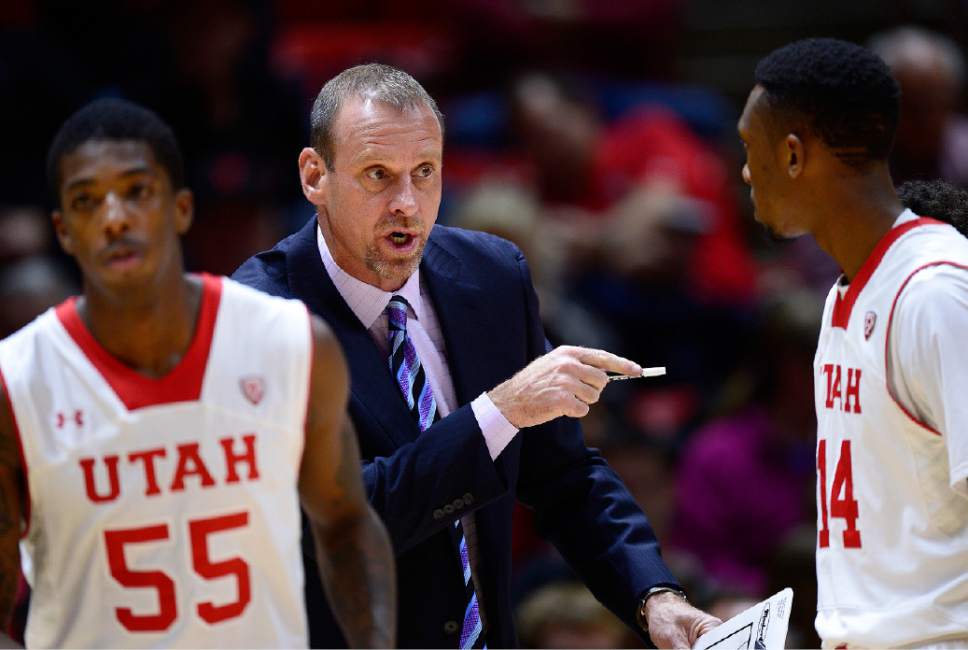This is an archived article that was published on sltrib.com in 2016, and information in the article may be outdated. It is provided only for personal research purposes and may not be reprinted.
College sports outshined academics on Capitol Hill as lawmakers moved to scrutinize the University of Utah's athletic department.
A probe of the U.'s sports office was approved less than a month after its basketball program announced it would not play rival Brigham Young University next season.
The rivalry suspension wasn't the main force behind the audit, said House and Senate leaders, but it did play a part.
The U.'s cancellation appeared to follow a pattern, noted House Speaker Greg Hughes; the U. in 2010 and 2011 ended regular matchups against Ogden's Weber State University and Logan's Utah State University.
The audit committee of two Democrats and two Republicans passed the measure unanimously Feb. 1. Legislative auditors are expected to take until the end of 2016 to finish their review, the first such probe of a single athletic department.
In December, when he announced the cancellation, men's basketball head coach Larry Krystkowiak said the teams needed a cooling-off period. The news followed a Dec. 2 game against the Provo private school in which BYU's Nick Emery struck Ute guard Brandon Taylor. Emery later apologized.
Runnin' Utes basketball wasn't the only sport to draw attention during the 2016 legislative session. For the second time, lawmakers also funded athletic recruiting. This time, providing $1.3 million to Weber State University for athletes' summer classes. The school contends its athletes already seek financial aid to finish coursework in the summer. Last year, Utah State University received $1.5 million a year to boost stipends for its athletes.
In 2015, the NCAA allowed schools to give athletes extra money on top of scholarships covering tuition and fees.
Arts also won big at Utah Valley University after lawmakers approved a $32 million performing arts center. The school has long lamented it is the only university in the state without its own arts center, noting its Steinway sits next to the body shop.
When it comes to college classrooms, a number of proposals failed. A collection of campus free-speech bills guided by the national Foundation for Individual Rights in Education were unsuccessful. Critics said the proposed bills would invite unnecessary lawsuits and conflict with federal guidelines.
Higher education accounted for about 12 percent of the total budget, though the public system of colleges did not receive everything it asked for. Lawmakers declined to fund a $9 million "access and affordability" request that the Board of Regents said would be key in holding tuition below a 2.5 percent increase in 2016-17.


